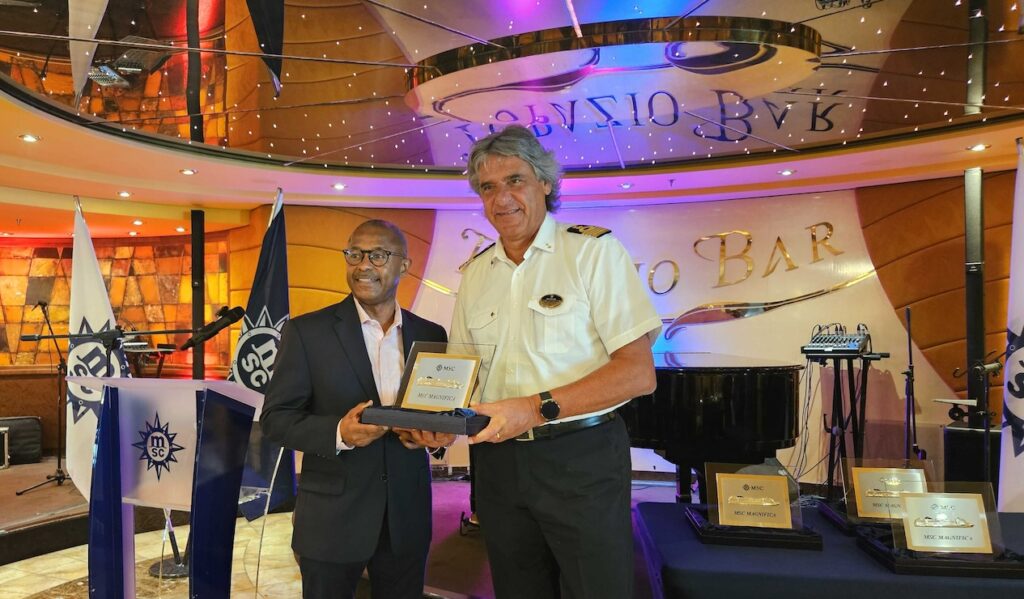Following almost five months of discussions between the Barbados Sustainable Energy Cooperative Society Ltd (CoopEnergy Barbados) and the Barbados Agricultural Management Company (BAMC) regarding the government’s planned divestment of assets, officials recently disclosed the outcome of what they term a “sensitive and complex transfer of ownership.”
Effective December 19, the former BAMC has been divided into two distinct entities — The Agricultural Business Company Ltd (ABC Ltd), and the Barbados Energy and Sugar Company Ltd (BESCO Ltd).
A news release from CoopEnergy Barbados said both companies have been established with 55 per cent equity allocated to CoopEnergy Barbados, while the remaining equity will be held by workers (20 per cent) and the government.
According to the agreement, ABC Ltd will manage over 4 500 acres of farmlands across various plantations, while BESCO Ltd assumes control of the island’s only sugar factory at Portvale.
Starting in the first week of January, newly hired employees will be informed, and ongoing communication will be sustained with former BAMC workers — now shareholders — as the transition progresses.
A five-month transition period, concluding on May 31, will provide an opportunity for management and staff at all levels to collaboratively develop a permanent new operational model for the two companies.
The transfer of ownership to CoopEnergy has been a lengthy and intricate process, as noted by the Barbados Sustainable Energy Cooperative Society, expressing gratitude to key stakeholders, including the Minister of Agriculture, Hon Indar Weir MP, BAMC Chairman Dr Clyde Mascoll, the Board and staff of BAMC, and the various teams representing CoopEnergy.
In a September interview with Barbados TODAY, BAMC’s CEO Orlanda Atherley deemed the decision sensible following careful analysis.
Atherley expressed satisfaction that BAMC would be divested to an entity recognising its true potential and prioritizing the welfare of workers.
Atherley stressed ongoing efforts to reduce costs and grow revenue, highlighting the industry’s viability with the inclusion of electricity from bagasse, the previously unmonetized third portion of the cane. He also clarified that cogeneration, a well-established practice at Portvale, contributes at least 3.6 megawatts per year during the crop season for internal use.
The local sugar industry, facing dismal performance in recent decades, necessitated major reforms for sustainability.
CoopEnergy Barbados, spearheading this reform, is driven by several reasons, including the industry’s vital role in shaping Barbados’ topography, culture, and environment.
CoopEnergy pointed to the need for reform to safeguard the interests of hardworking employees and introduced a Cooperative Ownership model on a national scale, challenging the traditional top-down ownership structure.
The government’s decision to transform former workers into significant shareholders is said to reflect a commitment to cooperative ownership.
With thousands of sugar industry workers, retirees, and Co-op members now holding equity, the collective focus is on growing these member investments through the profitable operation of the two new companies.
(RT/PR)
The post BAMC operations divested appeared first on Barbados Today.


